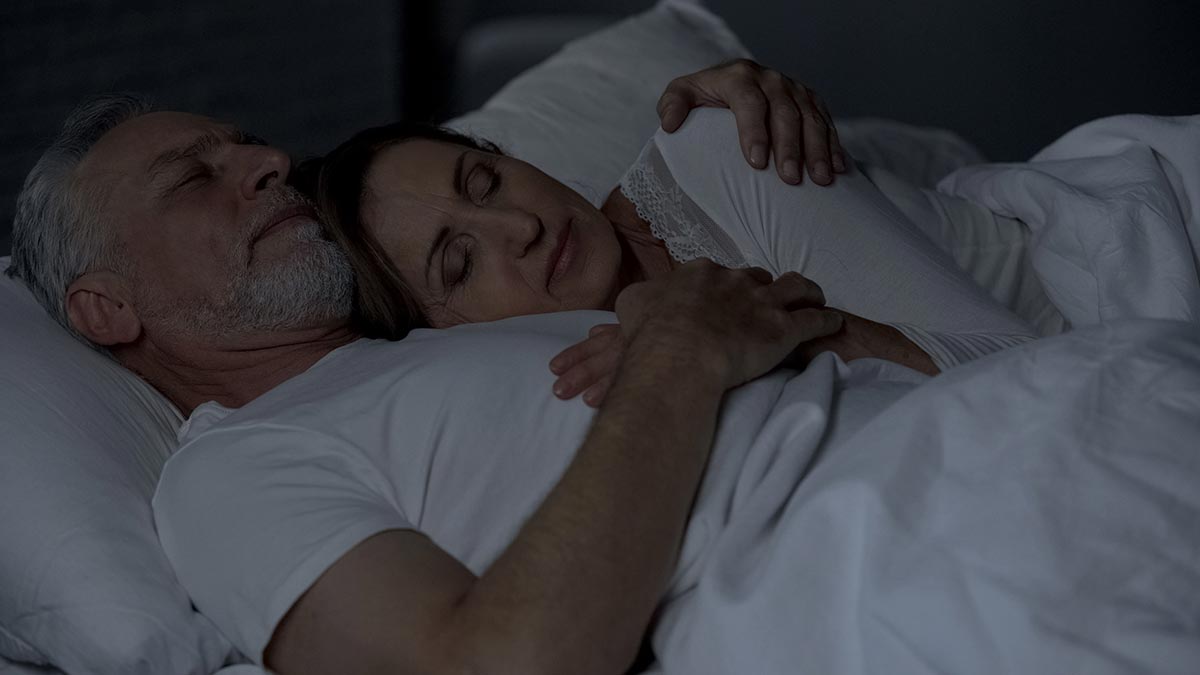Your sleep age can predict your future health, and perhaps even your lifespan, according to researchers at Stanford University’s school of medicine.
The study used data from more than 13,000 people. The key information was each person’s polysomnogram (PSG), which is the result provided by a sleep diagnostic tool.
According to the study, the “gold standard diagnostic test” for evaluation is nocturnal PSG. This is a test that includes electroencephalograms (EEG), electrocardiograms (ECG), electrooculograms (EOG), chin and leg electromyograms (EMG), breathing effort and airflow – all of which are recorded overnight.
Read: Is sleep tracking good for your health?
The researchers used a technique known as deep learning to analyse the PSGs and found that the information could be used to calculate sleep age and predict when you’ll die. Your sleep age is a projected age that correlates to your health based on your quality of sleep.
The authors say that sleep age “could serve as an easily understood marker of health for patients and the general public”.
How is knowing your sleep age useful?
Knowing your sleep age can indicate mortality risk. On its own, that may not be of much use. For those whose sleep age isn’t very good – that is, significantly higher than your actual age – measures can be taken to improve it, thus potentially lowering your mortality risk.
Lead author Emmanuel Mignot, a professor in sleep medicine at Stanford, says the main finding is that sleep fragmentation – when people wake up many times throughout the night for less than a minute without remembering it – is the strongest predictor of mortality.
This is different, he says, from a person realising they are waking up, which happens with disorders such as insomnia.
Read: Is there a right position to sleep in?
What the study does not tell us, is why sleep fragmentation is so bad for health. “[That] is something we plan to study in the future,” he says.
What can you do to measure and improve your sleep score?
At the moment, says Prof. Mignot, the sleep age code is available to doctors and researchers. The average person would be unlikely to be able to decipher it. At some point, we can probably expect it to be available through some easily readable wearable technology. But we’re not there yet.
Read: How to reset your sleep for spring
Nevertheless, Prof. Mignot says, there are well-known ways to improve your sleep age: “Going to bed and waking up at regular hours is a key to improving your sleep. This means not oversleeping but ensuring you’re fully rested.”
Prof. Mignot also cites the other ‘usual suspects’ – getting solid light exposure (preferably with outside light) during the day, keeping the sleep environment dark at night, exercising regularly but not too close to bedtime, not drinking alcohol and caffeine around bedtime, and avoiding heavy night-time meals.
Some might find all this technological jargon a lot to take in. Maybe turn in early tonight and sleep on it.
Do you think your sleep age would be a healthy one? Have you sought medical help for sleep issues? Why not share your experience in the comments section below?

